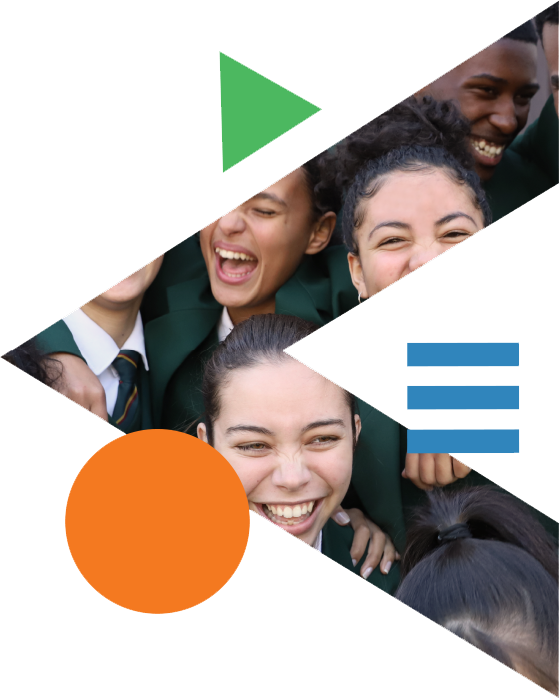DBE-E³ is an initiative within the Department of Basic Education. Our mission is simple: we support the DBE to prepare Learners with the skills and entrepreneurial mindsets they need to flourish in a constantly changing world. We believe that fostering an entrepreneurial mindset is vital for all young people and our education system.
Our goal is to support the DBE in integrating entrepreneurial education into the core of the education system, ensuring that every Learner develops and applies social entrepreneurial skills, collaboratively addresses challenges, and adds value to others. It is not a stand-alone subject but a way of teaching that is relevant to all subject areas and accessible to all Learners. Through testing and learning, we take a practical, hands-on approach, using insights from the science of learning to reimagine traditional classrooms into dynamic spaces where creativity and entrepreneurship thrive.
We collaborate closely with educators and DBE officials, assisting with professional development by offering tools and support to implement proven teaching methods using innovative solutions like our TeacherConnectchat platform. TeacherConnectchat is an innovative and groundbreaking WhatsApp communication platform that helps Teachers by connecting them with information, learning, and opportunities.


